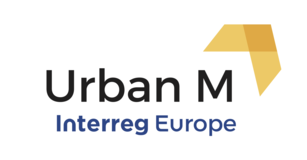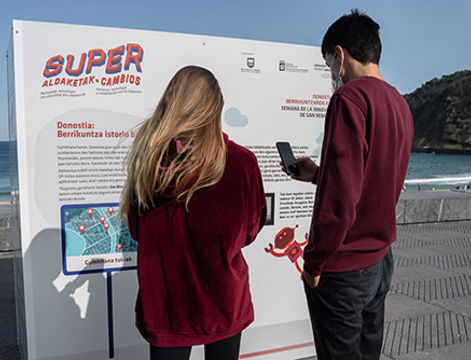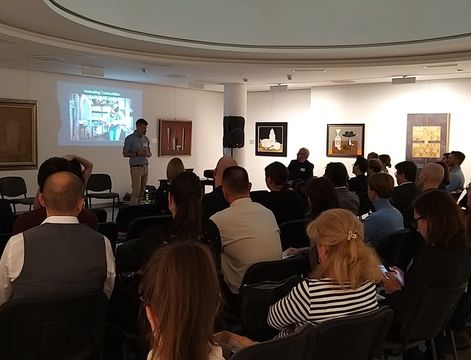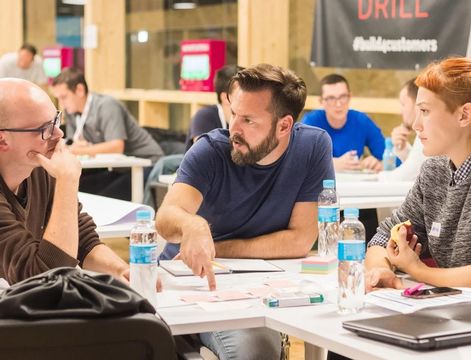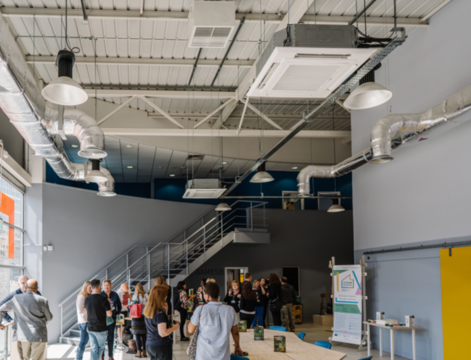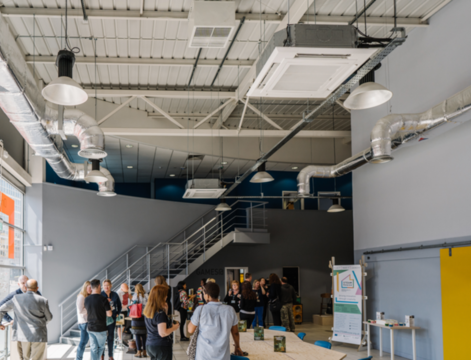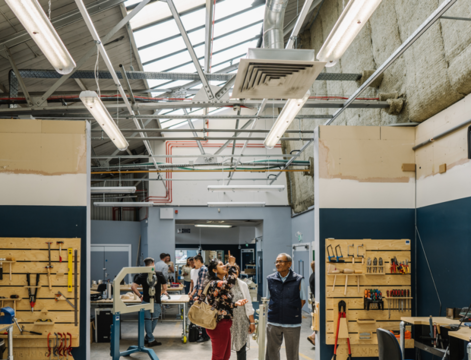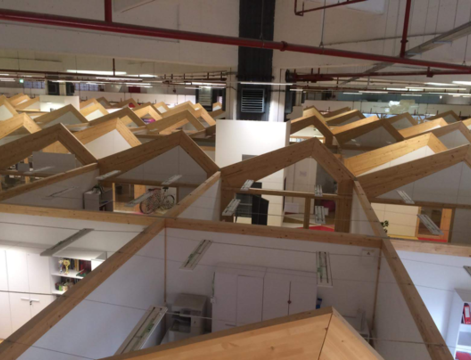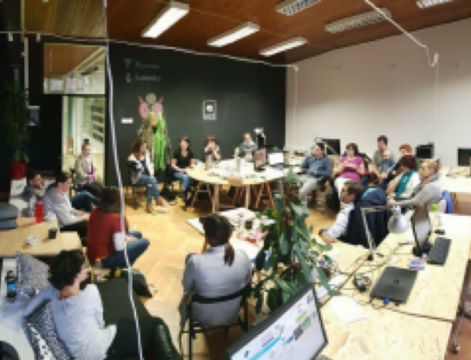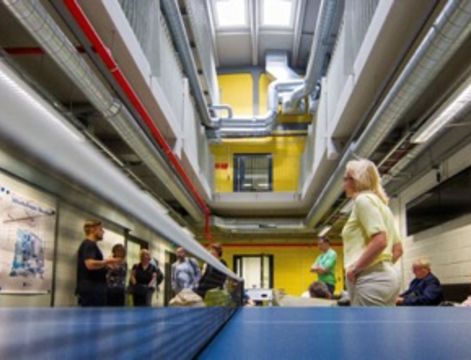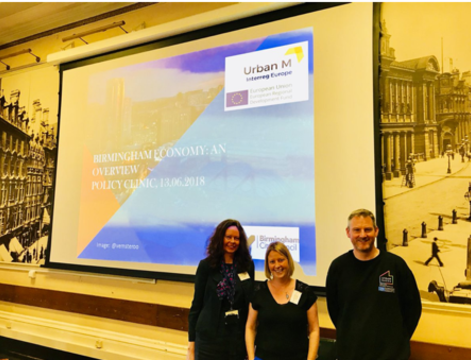The makerspace cannot survive without visitors and the community. How do you succeed in attracting people and local community? What are the biggest challenges?
New members are attracted by various activities, projects and events. Often, people themselves are looking for technical solutions or for the appropriate environment/facility to implement them, and thus discover workshops. Later they join them as members. It is important to have a friendly atmosphere, the order and rules, so that a larger group of people could share facilities, equipment and tools. Makerspace is also a place for sharing knowledge in a formal (through creative workshops, training, etc.) and informal (by advising, counseling, teaching each other, talking and discussing technical solutions, technological innovations and their application) way. Moreover, it is a working space and a space for social life of the technical creators, where practical and theoretical knowledge is acquired according to the individual needs.

The biggest challenge for the open space technical workshops is to have a permanent space/location, i.e. premises. For example, Technarium workshops had to move several times over the last few years, which is quite complicated having equipment which weigh a couple of tons. Comparatively frequent changes of location and inconvenient traffic or a geographically more distant location of the workshop do affect the ability of members (present and future) to meet their needs, and thus can reduce the number of the present members or make it more difficult to attract the new ones.
The movement of makerspace and communities are still quite a new phenomenon in Lithuania. In Vilnius, the first makerspace started its activity in 2013, but maybe we already have a success story? Have we got anything to boast of today?
I think, Technarium, which has survived several changes of premises, and Padirbtuvės, with relatively small resources but with very exciting activities, could be called the success stories and a live proof that such workshops and spaces are needed. M-Lab (the FabLab of Vilnius) is also running for a third year so hopefully it will become a sustainable success story. It would be good if the value created by such spaces and communities would be considered more highly - from education to innovation in different industries and fields. Much more help and support from the decision makers and promoters is needed for such natural and non-profit initiatives, too.

What is the future vision of the makerspaces? How do you see their perspective in Vilnius?
I believe that the number of such spaces in the city will grow. They will successfully integrate themselves into the city's ecosystem while creating Vilnius as a hub and center for innovation and sustainable future.

Stay updated with all things Urban M by following us on twitter - @UrbanM_Interreg
Join our LinkedIn group - Urban M
